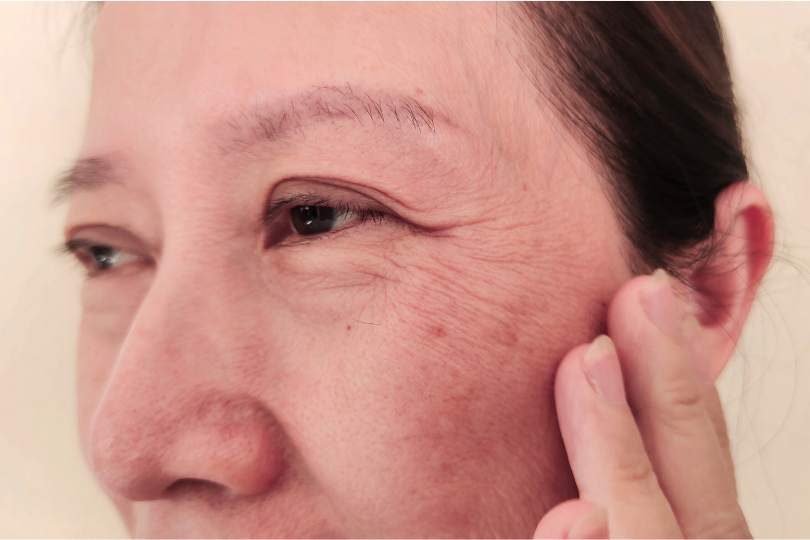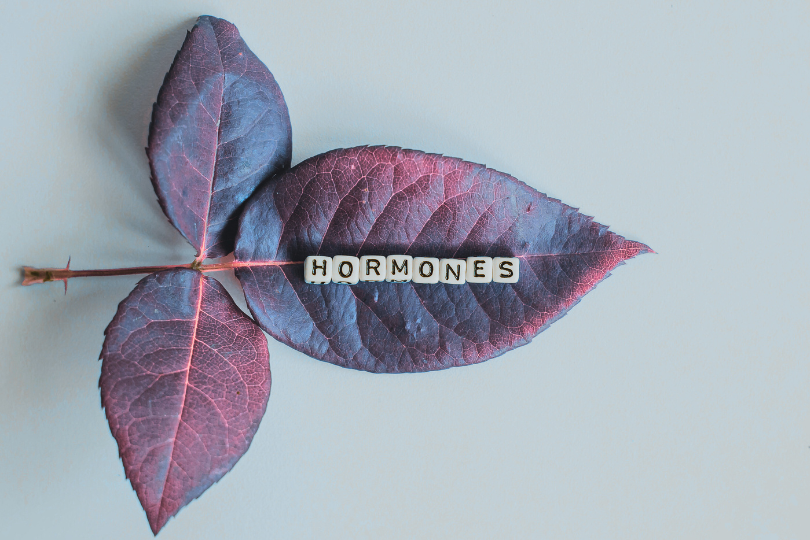Polycystic Ovary Syndrome (PCOS) is a complex condition that presents in various ways—irregular periods, hormonal acne, or unexpected weight gain are just a few examples. Diagnosing PCOS isn’t always straightforward, which is why testing is crucial. It not only confirms the diagnosis but also helps rule out other conditions with similar symptoms.
PCOS affects how the ovaries function, often leading to hormonal imbalances. To diagnose it, doctors use the Rotterdam Criteria, which define three main features of the condition. Meeting at least two of these is required for a diagnosis:
While some doctors might diagnose PCOS based on symptoms alone, thorough testing ensures accuracy and helps create a more effective care plan.
Ruling Out Similar Conditions
Irregular periods, weight gain, or acne can also be caused by other conditions, such as:
Understanding Your Unique PCOS Profile
No two cases of PCOS are identical. Testing helps uncover the underlying causes of your symptoms, whether they stem from insulin resistance, hormonal imbalances, or other factors.
Testing provides a clearer understanding of the factors contributing to your symptoms. This includes:
At Taylor, we prioritise thorough, evidence-based testing to uncover the factors driving your symptoms.
1. Blood Tests
These assess hormone levels and metabolic health:
2. Pelvic Ultrasound
A painless scan evaluates your ovaries for multiple small follicles and checks overall ovarian and uterine health. It confirms polycystic ovaries and helps rule out other conditions.
You can book a Polycystic Ovarian Syndrome screening or a pelvic ultrasound scan with Taylor easily in just a few steps.
Recognising and addressing PCOS early can have a significant impact on your health and quality of life. Here’s why early diagnosis is so important:
Once your results are ready, you’ll have a clear understanding of your PCOS profile. This knowledge allows for a care plan tailored to your needs, which may include:
With a personalised plan, you can take control of your symptoms and improve your quality of life.
PCOS is a complex condition, and comprehensive testing is a crucial first step in identifying PCOS and addressing its root causes.
If you’re experiencing symptoms like irregular periods, hormonal acne, or weight changes, book a Polycystic Ovarian Syndrome screening or a pelvic ultrasound scan with Taylor today.



If your routine suddenly feels out of step, it’s not your products, it’s your hormones. As estrogen begins to fall, the signals that keep skin strong and hydrated weaken. Dryness, breakouts, pigmentation, and slower healing start to appear, even with the same products you’ve always used. The good news: you can adapt. With smart everyday care (SPF, hydration, retinoids, vitamin C), lifestyle support (nutrition, sleep, stress), and medical options when needed (prescription treatments or hormone therapy), your skin can stay strong and healthy well into your 40s, 50s, and beyond.

No one talks about it, but perimenopause can hit in your 30s or 40s, and it’s not just about your period. Think brain fog, poor sleep, low libido. Here’s what to look out for and what you can do.

Many sexually transmitted infections can lie dormant for months or even years without symptoms. Understanding the facts — and getting tested together — can help you move forward with clarity and care.